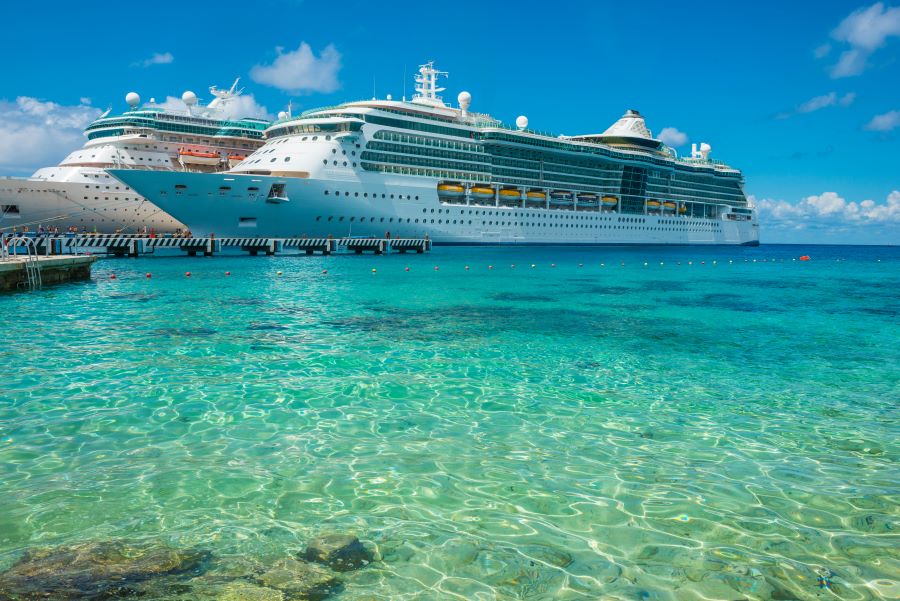Careers on Cruise Ships: Roles, Requirements, and Life at Sea
Working on a cruise ship is a way to combine travel with employment while living and working at sea. This article provides an informational overview of common cruise ship roles, typical qualifications, day‑to‑day life onboard, how travel fits into the work, the application process, and what to expect from pay and benefits. It does not list active job openings or represent current hiring by any cruise company; readers should consult official company career pages or licensed recruitment agencies for verified vacancies.

What cruise ship jobs exist?
A cruise ship employs a wide range of roles across departments. Hospitality and food service positions include cabin stewards, waitstaff, bartenders, chefs, and galley workers. Guest services and entertainment offer roles such as front‑desk agents, youth activity staff, entertainers, and cruise directors. Technical and safety roles cover deck officers, engineers, and safety personnel. Ships also hire retail staff, shore‑excursion coordinators, medical staff, and administrative personnel. Job responsibilities and seniority vary considerably: some positions are entry level and seasonal, while others require professional maritime licenses or specialized training.
What qualifications are needed for a ship job?
Qualifications depend on the role. Many hospitality and retail positions prioritize customer‑service experience, language skills, and relevant certificates (food handling, hospitality diplomas). Technical and navigation roles commonly require maritime certifications and licenses; for example, seafaring roles usually require a basic safety training certificate recognized in the industry. Medical and technical staff need professional credentials and often proof of relevant clinical experience. Most employers also require a valid passport, clean background checks, and a medical exam. Language proficiency in English and familiarization with multicultural service standards are frequently important.
How does life at sea affect daily work?
Working on a ship means living where you work: cabins, communal dining, and shared recreation spaces shape daily routines. Work schedules often use long shifts and multi‑week contracts followed by shore leave or time off at home. Crew members must adapt to confined quarters, changing weather and sea conditions, and the rhythms of port calls. Social life among crew can be close, as teams operate across departments and nationalities. Practical considerations include limited personal space, rotational laundry and grocery access, and varying levels of internet connectivity depending on the itinerary and company policy.
How does travel fit into a cruise job?
Travel is inherent to the role, with itineraries that may visit multiple countries and ports. Crew members often experience a variety of cultures and short stays ashore, subject to shore‑leave protocols and visa requirements. Travel opportunities vary: some contracts cover only certain regions (e.g., Caribbean, Mediterranean), while others rotate between world itineraries. Ship-based employment may enable professional travel that would be hard to arrange otherwise, but personal travel days are constrained by schedules, staffing needs, and immigration rules. Employees should confirm shore‑leave policies and port access with prospective employers.
What does a typical job application involve?
Application processes usually start with an online resume submission or agency registration. Applicants may be asked for role‑specific references, certificates, and proof of work history. Screening steps often include a video or phone interview, skills tests for certain positions, background checks, and a pre‑employment medical assessment. Many companies work with staffed recruitment offices or approved crewing agencies; verify those agencies through independent research and official employer guidance. Be cautious of unsolicited job offers that request fees or personal banking details—legitimate employers and licensed agencies will not ask for upfront payment to secure employment.
What to expect for pay and benefits
Compensation models differ widely across cruise companies and roles. Many ship jobs include room and board as part of the package, which affects take‑home pay comparisons to land‑based work. Some service roles receive tips or gratuities that supplement base pay. Senior technical or licensed positions typically offer higher salaries, while entry‑level hospitality work may be more modest but include accommodation, meals, and opportunities for overtime. Benefits such as medical coverage, pension plans, and paid leave vary by employer and contract terms. Tax treatment depends on your home country and the employer’s payroll structure, so professional advice is recommended for personal financial planning.
Working at sea can be professionally rewarding and culturally enriching, but it also requires practical preparation, flexibility, and careful review of contract terms. This article provides general guidance about cruise ship careers and should not be interpreted as a listing of current vacancies or hiring guarantees. For verified opportunities and exact employment terms, consult official company career pages, licensed crewing agencies, or local maritime training centers.






